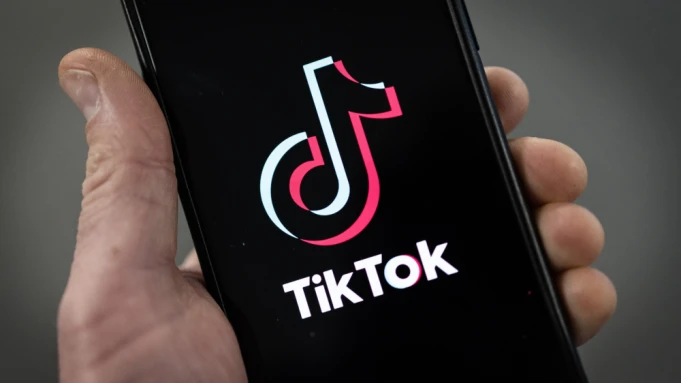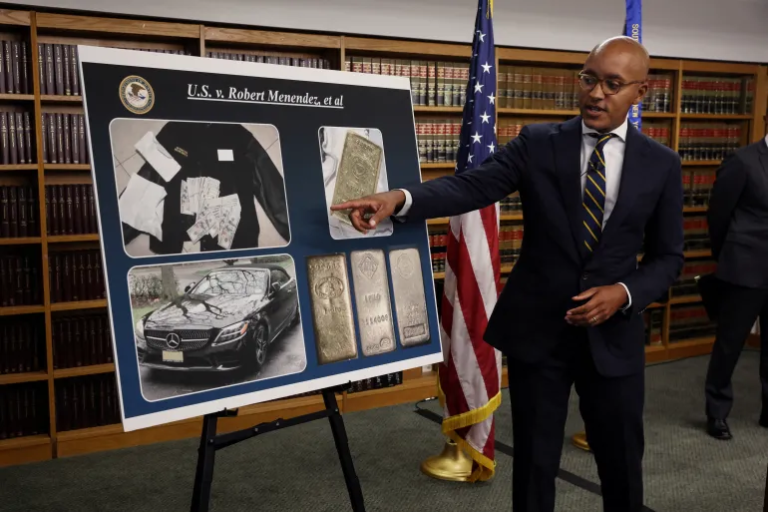The majority of Americans — about 59% — say TikTok a threat to the national security of the United States, according to a recent survey of U.S. adults.
The findings from Pew Research Center’s survey of U.S. adults come as TikTok, the popular short-form video app owned by Chinese internet conglomerate ByteDance, continues to be targeted by American lawmakers wary over its ties to China and how TikTok handles user data. Just 17% of Americans say the platform is not a threat to national security, while 23% say they are unsure, per the Pew survey.
Opinions about the national security threat posed by TikTok differ by political affiliation and age. Roughly 70% of Republicans and Republican-leaning independents say TikTok is either a minor or major threat to national security in the U.S., compared with 53% of Democrats and Democratic leaners.
The perception of TikTok as a threat also varies by age: Just 13% of adults 18-29 say TikTok is a “major” threat; that rises to 24% among those 30-49, 35% among those 50-64; and 46% among Americans 65 and older.
Not surprisingly, adults who do not use TikTok are more likely than those who do to consider it a national security risk. Among non-users, 65% say the app is a security threat, including 36% who view it as a major threat. Among TikTok users, just 9% see it as a major threat and about one-third say it’s a minor threat. The Pew survey was conducted May 15-21, 2023.
The political backlash faced by TikTok has included Montana’s passing of a law effectively banning the app in the state starting in 2024. Republican Gov. Greg Gianforte, in signing the legislation into law in May, said the measure would “protect Montanans’ private data and sensitive personal information from being harvested by the Chinese Communist Party.”
TikTok has sued to overturn the law, saying it violates the First Amendment, and the company has said allegations that the Chinese government could access data on TikTok users are unsubstantiated.
When TikTok CEO Shou Zi Chew appeared before a House hearing in March, he faced skeptical questioning from both Republicans and Democrats about China’s influence and authority over TikTok and the communist regime’s ability to track user data via the app, as well as TikTok’s efforts to curb misinformation and harmful content.
Last month, U.S. Sens. Richard Blumenthal (D-Conn.) and Marsha Blackburn (R-Tenn.) sent a letter to TikTok that accused company execs of a “recurring pattern of providing misleading, inaccurate or false information to Congress and its users in the United States, including in response to us during oversight hearings and letters.”
Source : Variety







